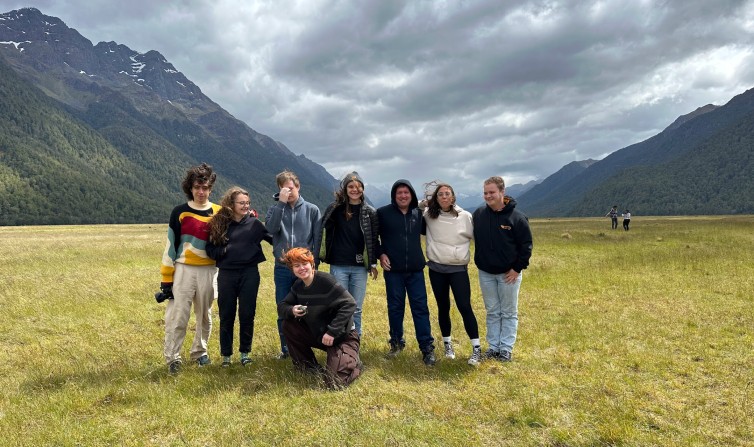The NDIS Operational Guideline for Short Term Respite (STR) — previously known as Short Term Accommodation (STA) — was updated on 16 October 2025.
At Travengers AU, we want to make sure our community understands what’s changed, what’s stayed the same, and how these updates may affect your future respite stays or supported getaways.
The best news? Short Term Respite is still a funded NDIS support.
What’s Staying the Same?
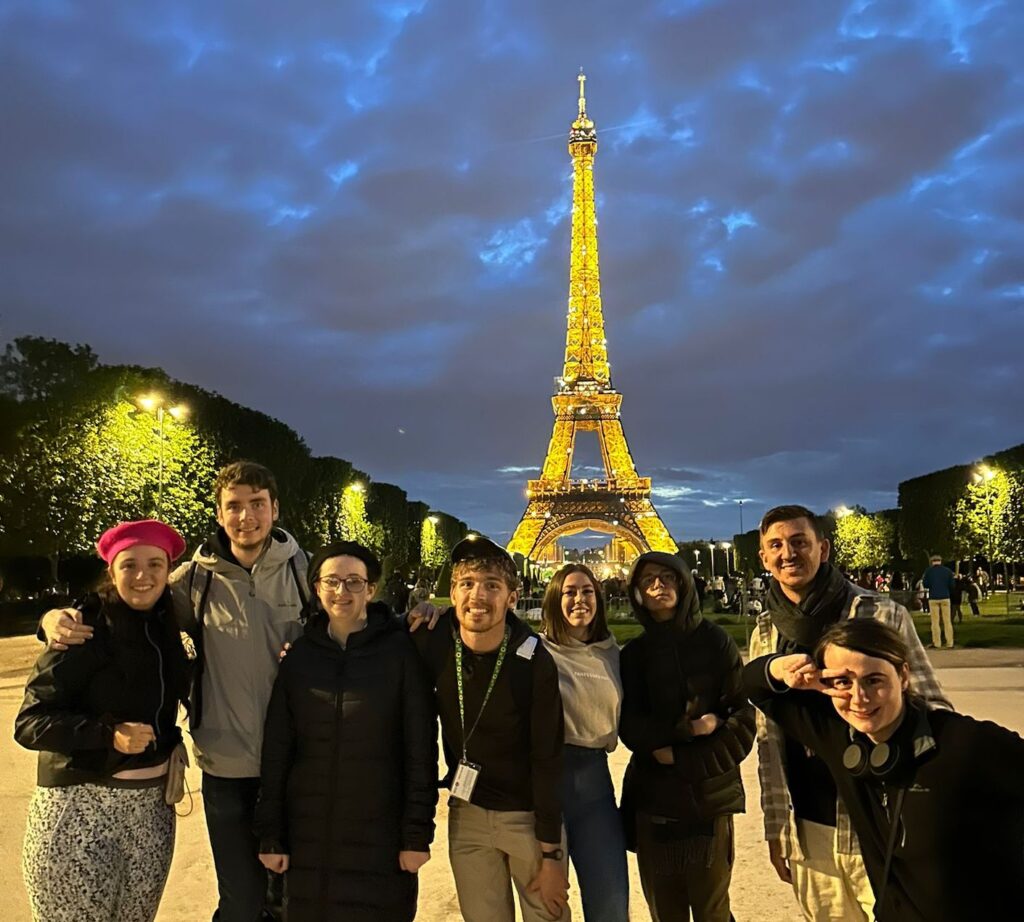
There’s a lot to be happy about. Most of what participants and families already know and love about Short Term Respite remains unchanged.
- STR remains a recognised and fundable NDIS support.
- You can still use your respite funding for hotels, motels, cabins, cottages, short-stay rentals, or respite houses.
- Group-based respite is still encouraged. It continues to offer social connection, fun, and skill-building opportunities while providing excellent value for money.
- You can continue to book weekend breaks, overnight stays, or getaways of up to 14 days at a time, with a maximum of 28 days per year.
- The primary purpose remains the same: to give families and carers a well-deserved break, while participants enjoy a safe, supported, and enjoyable experience.
The NDIA’s continued recognition of respite as an essential form of support is something we celebrate—it’s vital for both participants and their informal supports.
What’s Changed (and What to Keep in Mind)?
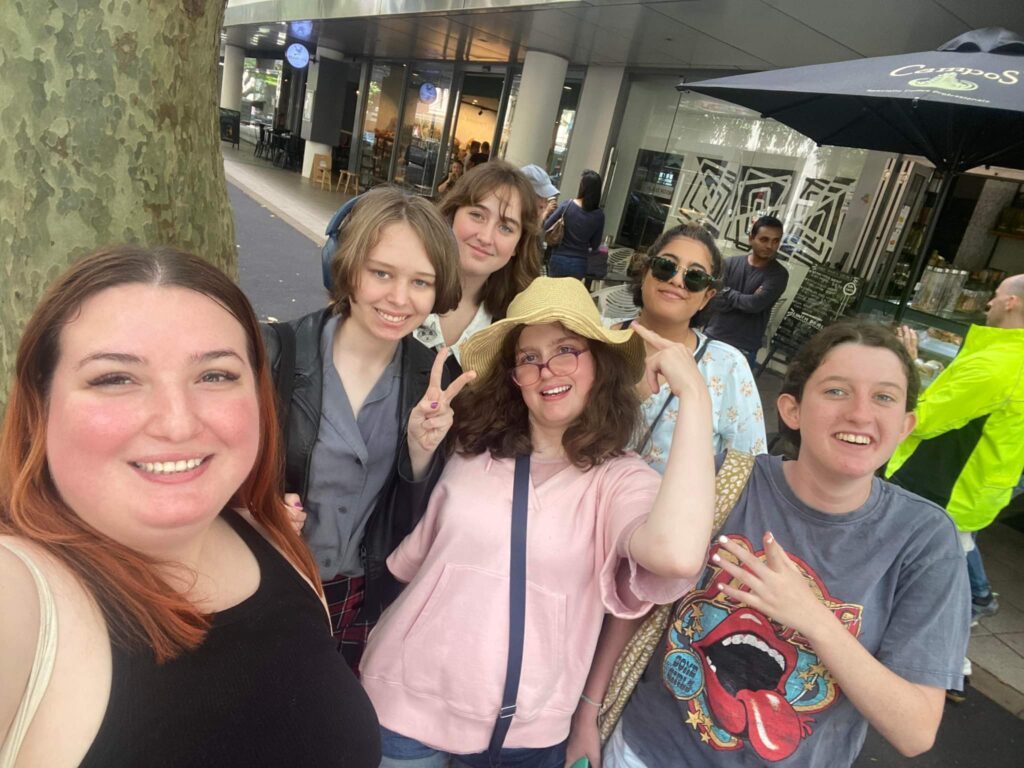
While most elements of Short Term Respite remain familiar, there are several important clarifications worth noting.
- Interstate respite may now only be funded in limited situations—typically when someone lives near a state border or in a remote area where the nearest suitable respite option happens to be interstate.
- Interstate or overseas trips (for example, a Queensland holiday or travel to Fiji or New Zealand) are no longer considered Short Term Respite.
That doesn’t mean you can’t travel? You absolutely can—it just means that these trips will be billed under Support Worker (hourly) rates rather than as Short Term Respite.
To qualify for Short Term Respite, participants typically need to live at home with informal supports who assist for six or more hours per day.
The NDIA has also clarified that Short Term Respite is not intended for tourism or holidays, so local or in-state options are recommended.
Other key points:
- Meals, travel, and activities are usually considered personal expenses, unless your provider includes them in their daily rate. (At Travengers, meals are included in our local respite stays.)
- Respite arrangements must still meet NDIS criteria by being:
- Related to your disability support needs
- Good value for money
- Designed to sustain your informal supports long-term
- Related to your disability support needs
One noteworthy update is that independence and skill-building are no longer considered the primary goals of Short Term Respite. While we’ve seen firsthand how powerful these outcomes can be for our young travellers, it’s important that your respite goals focus on providing rest and relief for families or carers.
What This Means for Travengers Participants and Families?
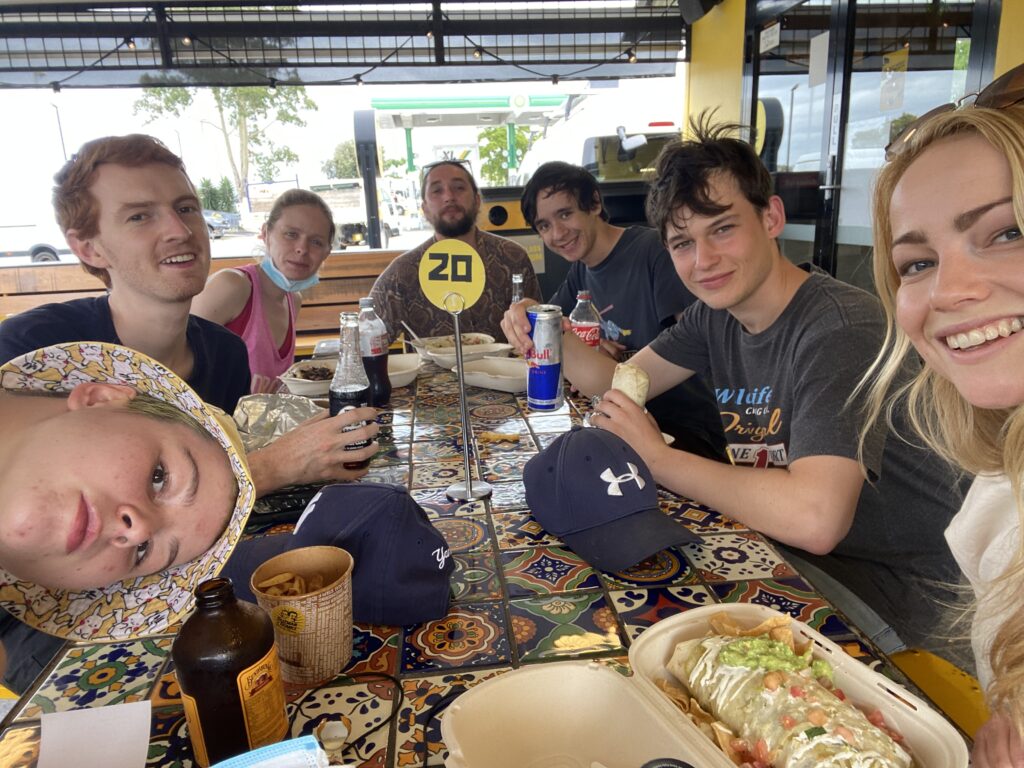
If you love exploring new places, that’s still absolutely possible. You can continue to take part in supported travel experiences—whether interstate or overseas—through your Support Worker (hourly) funding.
That means:
- Supported travel experiences are still available.
- Supports are billed per hour, rather than through STR daily accommodation rates.
If you’re unsure how your trip fits within your plan, our team is here to help. Travengers can provide a detailed quote outlining what’s claimable through your NDIS funding and what may be an out-of-pocket expense.
What This Means for the Travengers Community?
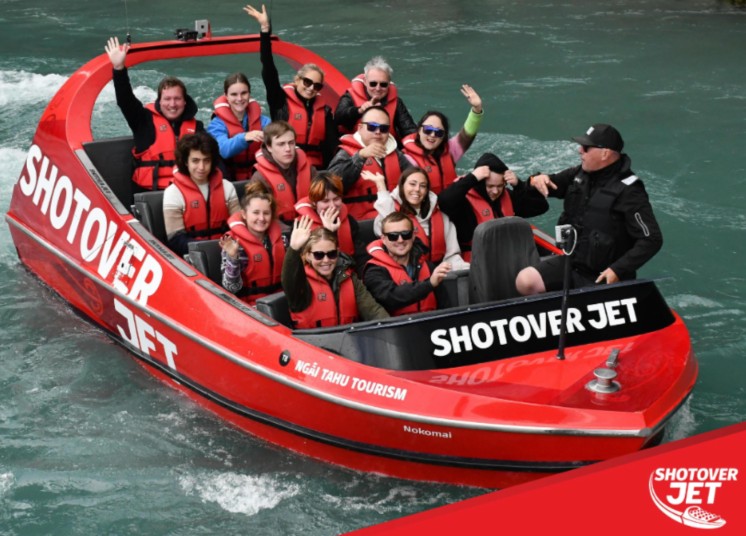
These updates don’t remove your access to respite—they simply clarify how the NDIS intends it to be used.
Short Term Respite continues to be a valuable and flexible way to:
- Give carers and families the time they need to rest and recharge
- Take meaningful breaks that sustain your support network
- Access the community and try new things
- Meet new people and connect in supportive group environments
We always recommend checking with your Plan Manager, LAC, or NDIA contact before confirming a stay, just to ensure everything aligns with your plan and funding.
At Travengers, we remain committed to making sure every respite experience and supported trip is safe, inclusive, and empowering, while meeting the latest NDIS guidelines.
Need Help Understanding How This Applies to You?
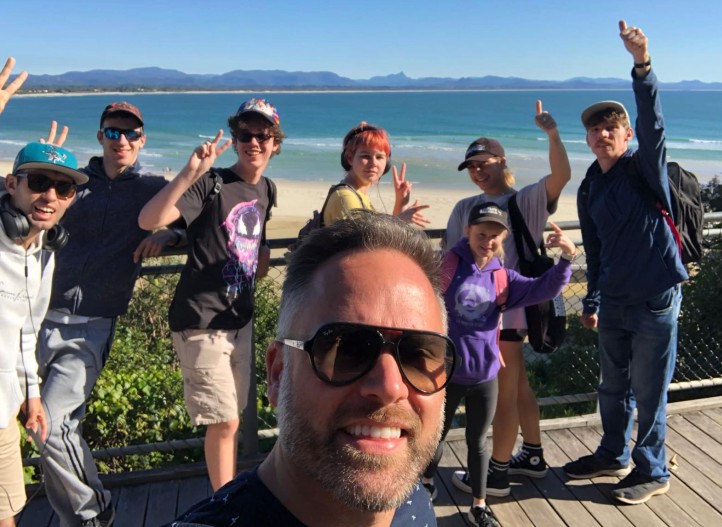
If you’re unsure whether your upcoming stay qualifies as Short Term Respite or a Supported Trip, our team can help you understand:
- Which funding category applies to your experience
- How to align your stay with your NDIS goals
- What options best fit your needs and supports
We’re here to help you and your family continue to enjoy meaningful, inclusive, and memorable experiences—no matter where your next adventure takes you.

